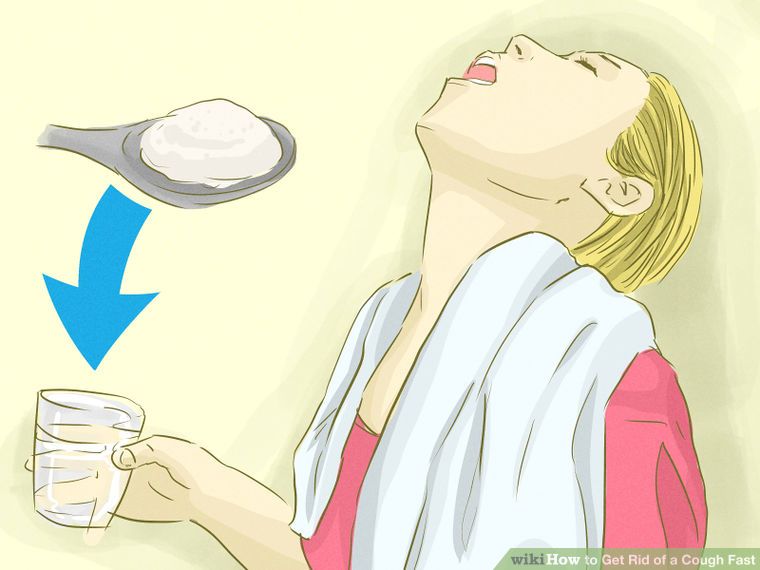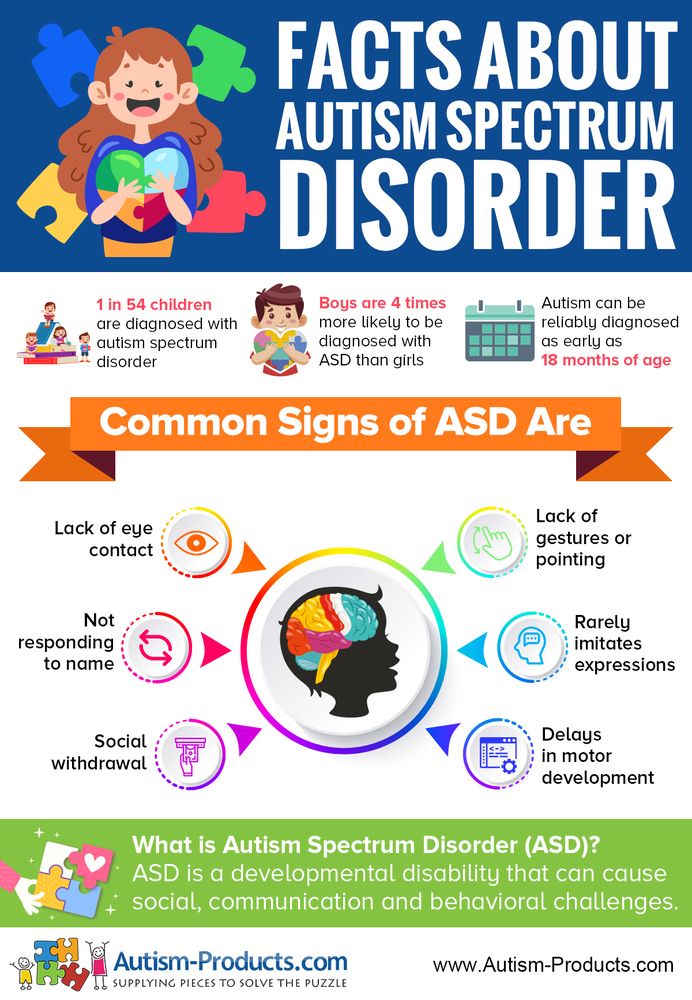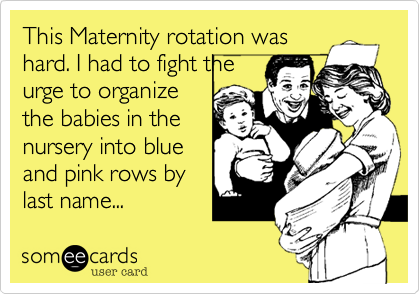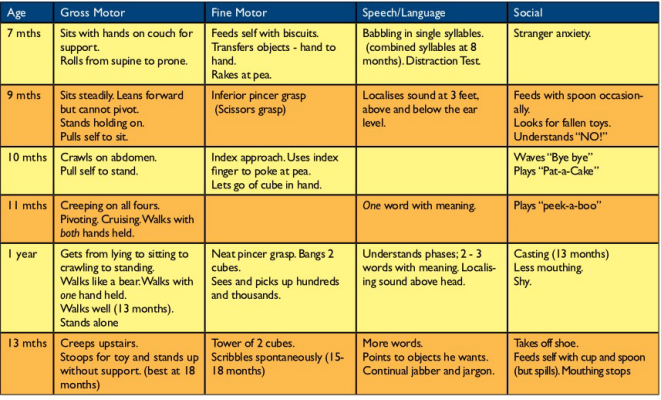How to calm cough in child
Coughs: Meds or Home Remedies?
Medicines (OTC)
Over-the-Counter (OTC) cough and cold medicines can cause side effects. These side effects can be serious in young children. The risks of using these medicines outweigh any benefits. The Food and Drug Administration (FDA) recommends these medicines never be used in young children. After age 6, the medicines are safe to use, if you follow the package instructions. But, it's easy to treat coughs and colds without these medicines.
Home Remedies:
A good home remedy is safe, cheap, and as helpful as OTC medicines. They are also found in nearly every home. Here are some simple but helpful home treatments.
1. Runny Nose: Just suction it or blow it. Teach your child how to blow the nose at age 2 or 3. When your child's nose runs like a faucet, it's getting rid of viruses. Allergy medicines (such as Benadryl) do not help the average cold. They are useful only if your child has nasal allergies (hay fever).
2. Blocked Nose: Use nasal saline.
- Use saline (salt water) nose drops or spray to loosen up the dried mucus. If you don't have saline, you can use a few drops of water. Use distilled water, bottled water or boiled tap water.
- Step 1: Put 3 drops in each nostril. If age under 1 year old, use 1 drop.
- Step 2: Blow (or suction) each nostril separately, while closing off the other nostril. Then do other side.
- Step 3: Repeat nose drops and blowing (or suctioning) until the discharge is clear.
- How Often: Do nasal saline rinses when your child can't breathe through the nose. Limit: If under 1 year old, no more than 4 times per day or before every feeding.
- Saline nose drops or spray can be bought in any drugstore. No prescription is needed.
- Reason for nose drops: Suction or blowing alone can't remove dried or sticky mucus. Also, babies can't nurse or drink from a bottle unless the nose is open.
- Other option: use a warm shower to loosen mucus.
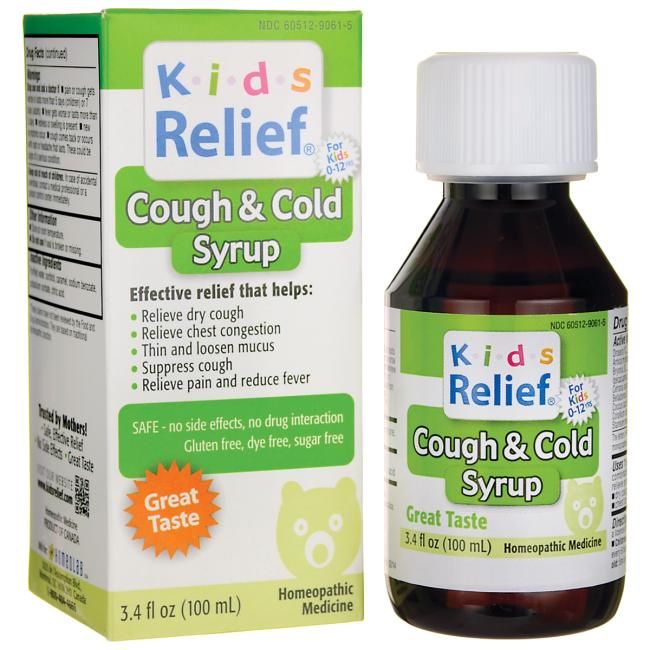 Breathe in the moist air, then blow (or suction) each nostril.
Breathe in the moist air, then blow (or suction) each nostril. - For young children, can also use a wet cotton swab to remove sticky mucus.
- Medicines. There are no drugs that can remove dried mucus from the nose.
3. Coughing: Use homemade cough medicines.
- Age 6 months to 1 year. Give warm clear fluids (such as apple juice or lemonade). Dose: 1-2 teaspoons (5-10 mL) four times per day when coughing. Under 3 months, see your child's doctor. Caution: Do not use honey until 1 year old.
- Age 1 year and older. Use Honey ½ to 1 teaspoon (2 to 5 mL) as needed. It thins the secretions and loosens the cough. If you don't have honey, you can use corn syrup. Research shows that honey works better than cough syrups to reduce nighttime coughing. Can also offer warm lemonade or herbal teas. Amount: a few ounces (30 mL) each time.
- Age 6 years and older. Use Cough Drops to decrease the tickle in the throat. If you don't have any, you can use hard candy.
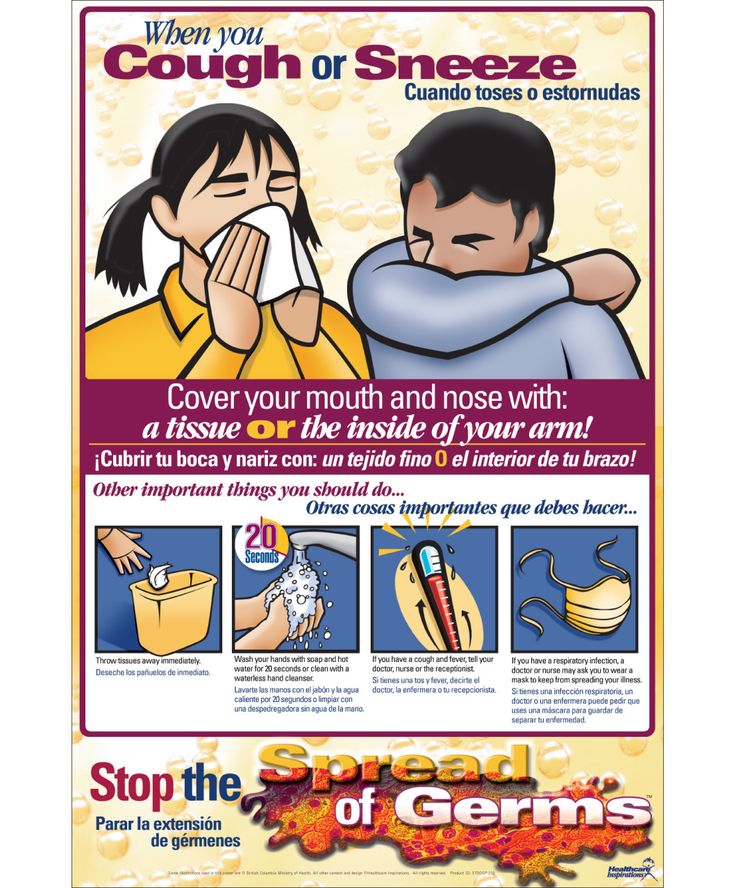 Avoid cough drops before 6 years. Reason: risk of choking.
Avoid cough drops before 6 years. Reason: risk of choking. - Coughing fits. The warm mist from a shower can help.
4. Fluids: Help your child drink lots of fluids. Staying well hydrated thins the body's secretions. That makes it easier to cough and blow the nose.
5. Humidity: If the air in your home is dry, use a humidifier. Moist air keeps the nose and airway from drying out. Run a warm shower for a while to help put moisture in the air.
Treatment is Not Always Needed:
- If symptoms aren't bothering your child, they don't need medicine or any treatment. Many children with a cough or cold are happy, play fine and sleep well.
- Only treat symptoms if they cause discomfort or wake your child up. Treat a cough if it's hacking and really bothers your child.
- Fevers are helpful. Only treat them if they slow your child down or cause some discomfort. That does not occur until 102° F (39° C) or higher.
 Acetaminophen (Tylenol) or ibuprofen (Motrin or Advil) can be given. Use to treat higher fever or pain. See Dose tables.
Acetaminophen (Tylenol) or ibuprofen (Motrin or Advil) can be given. Use to treat higher fever or pain. See Dose tables.
Summary
If coughs or colds need treatment, home remedies may work better than medicines.
If your child’s illness or injury is life-threatening, call 911.
- Bellevue
- Everett
- Federal Way
- Seattle
- Virtual Urgent Care
Last Reviewed: 03/04/2023
Last Revised: 12/30/2022
Copyright 2000-2023 Schmitt Pediatric Guidelines LLC.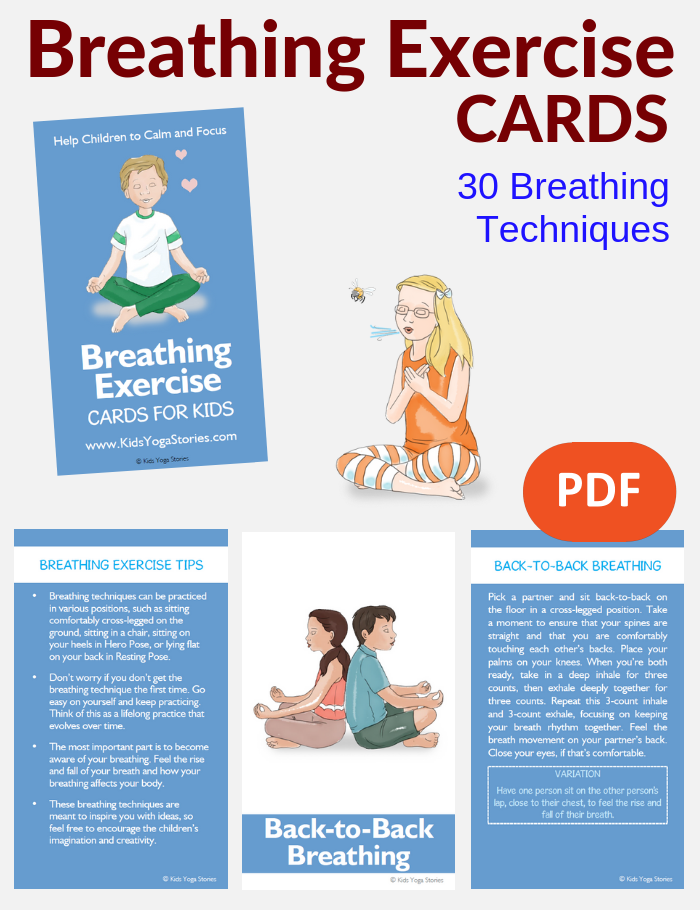
Home Remedies for Cough in Kids – Children's Health
Home remedies for cough in kids
Children’s Health Dec 5, 2018, 10:02:24 AM CST Mar 2, 2023, 11:01:47 AM CSTOver-the-counter cough and cold medicines are not recommended for young children. Learn how to soothe your child's symptoms naturally with these home cough remedies.
Share:
If your child seems to be coughing constantly, it can be concerning. Typically, a child's cough is nothing to worry about. Many times, it can be caused by a common cold or even by allergies.
Because over-the-counter cough and cold medicines are not recommended for children under the age of 6 years, it can be challenging to know how to help your child feel comfortable – especially if a cough is keeping them up at night. See seven ways you can treat your child's cough at home.
Home remedies to help soothe a child's cough
- Drink warm fluids: Encourage your child to drink plenty of fluids.
 Warm liquids such as caffeine-free tea, broth or hot water with lemon can help loosen up mucus and soothe a sore throat.
Warm liquids such as caffeine-free tea, broth or hot water with lemon can help loosen up mucus and soothe a sore throat. - Consider using a humidifier: Dry air can make a child's cough worse. Consider placing a cool-mist humidifier in your child's room, near where they sleep, to help ease their breathing.
- Breathe in warm water vapors: Let your child breathe in water vapors from a warm bath or shower. This can help loosen mucus and, as a bonus, calm your child before bed.
- Try icy treats: Give your child cold items like popsicles or ice cream to make a hurting throat feel better.
- Saline and suction: A saline solution, such as a nose spray or mist, can help loosen mucus in the nose. Have your child blow their nose frequently, or if they are young, use a suction bulb to prevent drainage.
- Give a spoonful of honey (over age 1): A teaspoon of honey can help combat coughing but should only be given to children over age 1.
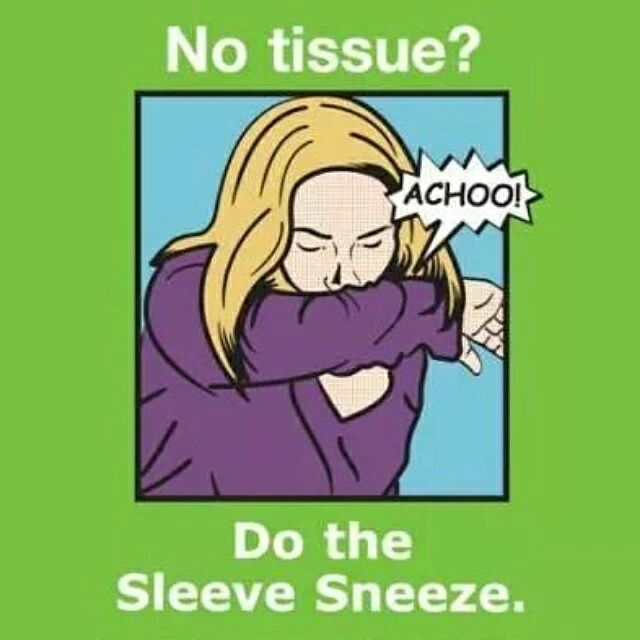
- Get some zzz's: Encourage your to child get plenty of rest and sleep to promote healing. While coughing may seem aggravated at night, the above tips may help your child find relief.
Remember, it can take a couple of weeks for a child to recover from a cold. However, if your child's cough continues to linger, is accompanied by symptoms such as a high fever or difficulty breathing, or you are concerned that it may be a sign of a more serious illness (see other common causes of coughs in children), contact your child's pediatrician as soon as possible.
Get care now
We know that getting sick is never convenient. But now you can videoconference with a health care provider 24 hours a day, 7 days a week with Virtual Visit by Children's Health Virtual Care. Get treated right from your smartphone, tablet or computer for allergies, common colds and flu, cuts and more. Download the Virtual Visit app today.
Thank you!
You are now subscribed to the Children's Health Family Newsletter.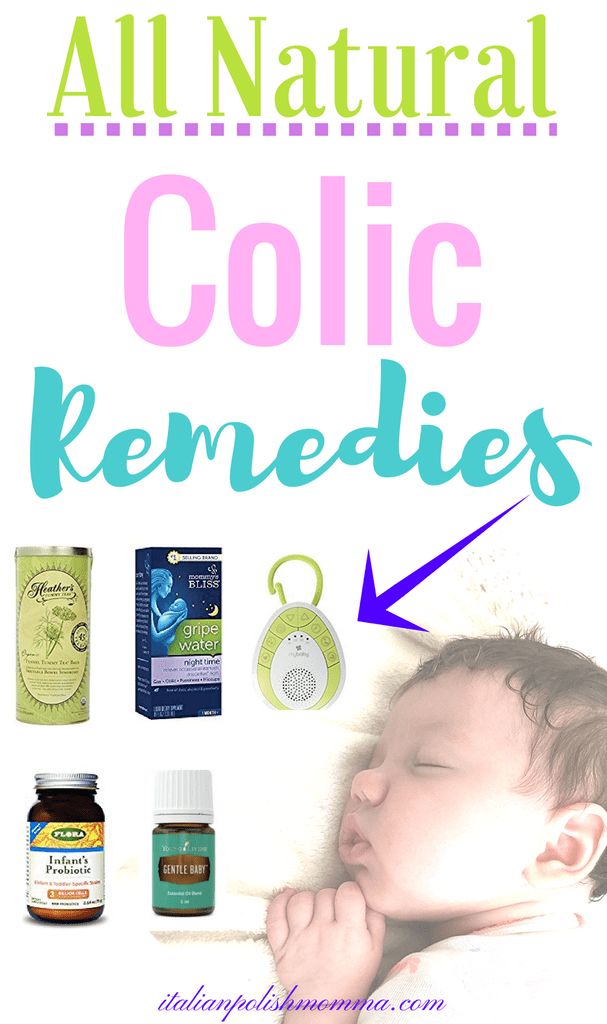
Children's Health will not sell, share or rent your information to third parties. Please read our privacy policy.
Children's Health Family Newsletter
Get health tips and parenting advice from Children's Health experts sent straight to your inbox twice a month.
Please enter a valid email address
breathing, cold and flu season, common cold, cough medicine, fever, respiratory, treatment, virus
Childrens HealthHow to calm a nocturnal cough and what to do when coughing at night in adults and children
Contents
Causes of night cough in a child and adult
8 tips to relieve night cough
To restore strength, a child should sleep from 10 to 13 hours 1 .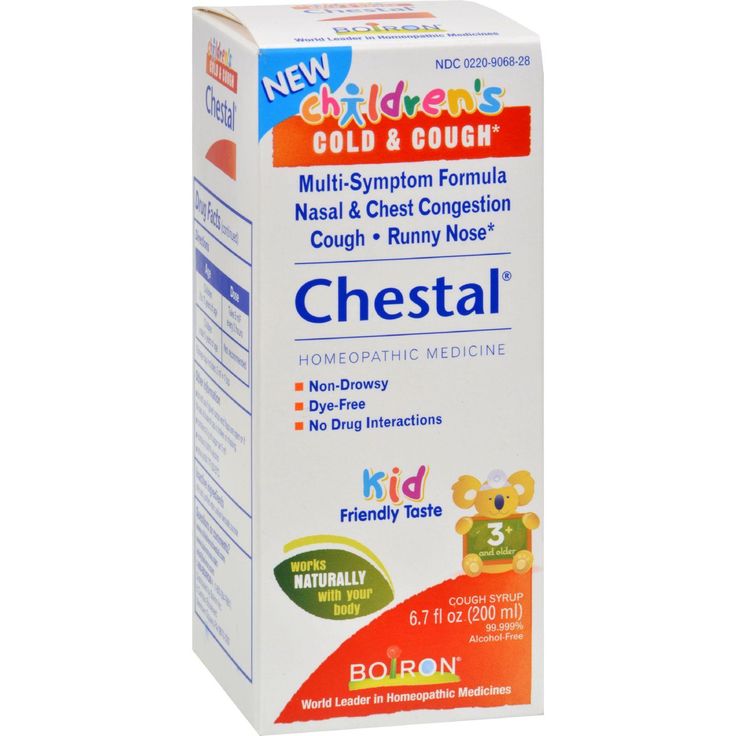 Adults need slightly less, 7 to 9 hours of sleep 2 . But the resulting nocturnal cough can make sleep intermittent, and therefore inferior. The baby does not sleep - the parents do not sleep either. The whole family does not get enough sleep during a cold, while someone in the house has a nightly cough. How to alleviate it? Let's figure it out.
Adults need slightly less, 7 to 9 hours of sleep 2 . But the resulting nocturnal cough can make sleep intermittent, and therefore inferior. The baby does not sleep - the parents do not sleep either. The whole family does not get enough sleep during a cold, while someone in the house has a nightly cough. How to alleviate it? Let's figure it out.
Causes of night cough in children and adults
In any season, we can all get an infection, or, in simple terms, catch a cold. Children get colds more often - up to 8 times a year 3 . But do not rush to attribute a nighttime cough to a cold. Thus, if the body temperature is normal, it is possible that the symptoms are associated with a non-communicable disease 4 . An accurate diagnosis can be obtained by contacting a doctor. We will talk more about the most common causes of night cough in a child and an adult below.
Bronchitis
A viral or bacterial infection during a cold develops in different parts of the respiratory tract 3 .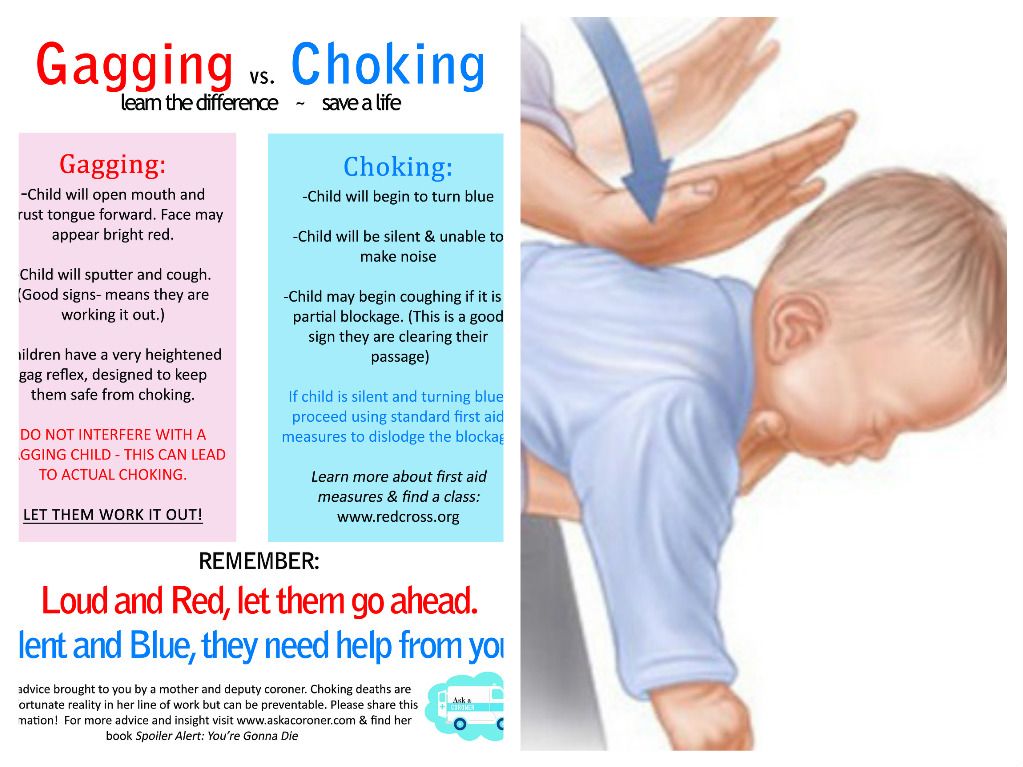 The bronchi (bronchitis) often become inflamed in children 4 - they are much narrower than in adults 5 . The secretion of sputum in the bronchi irritates the bronchial wall, causing a cough reflex. At night, this reflex becomes more sensitive, because when we sleep, the vagus nerve is activated, namely, it transmits signals from cough receptors 4 .
The bronchi (bronchitis) often become inflamed in children 4 - they are much narrower than in adults 5 . The secretion of sputum in the bronchi irritates the bronchial wall, causing a cough reflex. At night, this reflex becomes more sensitive, because when we sleep, the vagus nerve is activated, namely, it transmits signals from cough receptors 4 .
Runny nose
Frequent companions of colds are runny nose and sore throat. Sometimes this tickling becomes a real torture, develops into a feeling of "lump in the throat", makes you want to clear your throat in order to clear your throat 12.13 . After a rather agonizing bout of nocturnal cough, lumps of colorless mucus are released 6 . It is often mistaken for sputum, but in fact it is an inflammatory fluid that flows down the back of the throat from the nasal cavity or paranasal sinuses 6 .
Adenoids
In children, mucus may flow from the nasal cavity into the throat if adenoids have formed in the nasopharynx. Adenoids are growths of the pharyngeal tonsils that irritate the mucous membrane and often become inflamed 12 . The voice of a child with adenoids usually becomes nasal, nasal breathing is disturbed, because of which the baby is forced to breathe through his mouth 7 . As a result, the mucous membrane of the pharynx 7 dries up and becomes "easy prey" for infectious agents.
Adenoids are growths of the pharyngeal tonsils that irritate the mucous membrane and often become inflamed 12 . The voice of a child with adenoids usually becomes nasal, nasal breathing is disturbed, because of which the baby is forced to breathe through his mouth 7 . As a result, the mucous membrane of the pharynx 7 dries up and becomes "easy prey" for infectious agents.
Allergies
What can you have an allergic reaction to at night? You will be surprised, but allergens can enter the body even during sleep. For example, if you are accustomed to sleeping with the window open, and it is spring or early summer, trees and plants are blooming, you are probably allergic to pollen 3 . Or you stayed overnight away from home, and you were offered down pillows - an allergen in the form of goose or swan down can provoke an exacerbation of bronchial asthma. Asthma is not always manifested by suffocation, sometimes instead of it, an adult and a child have an attack of dry cough at night 7 .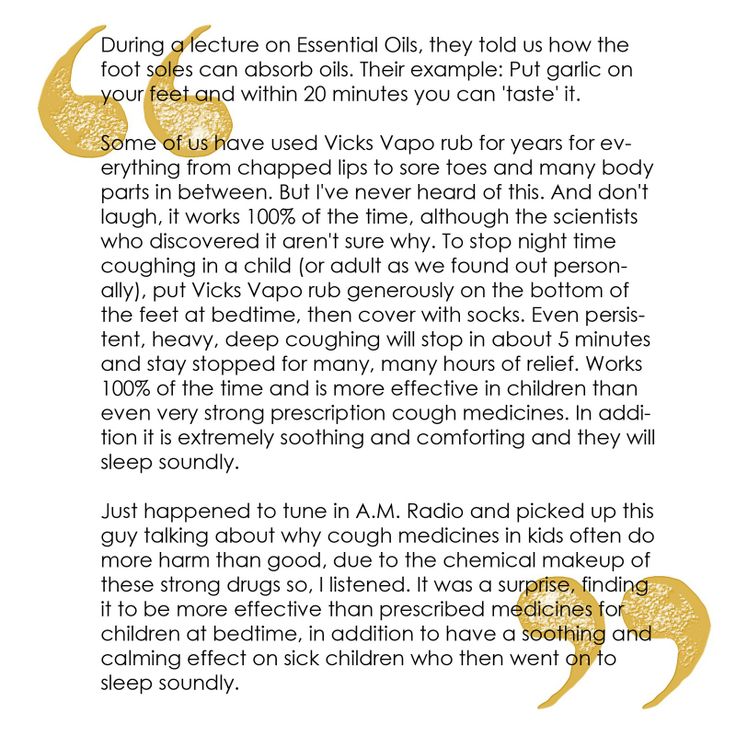
Snoring
Many people are familiar with the situation when someone from the family snores at night, then the snoring stops, and the person wakes up and goes back to sleep. Sometimes his awakening is accompanied by a cough. If this happens several times a night, it is possible that a person has sleep apnea syndrome - a short-term complete or partial cessation of breathing during sleep. The condition is not life-threatening, but the frequent "breaks" in breathing cause oxygen levels to drop. Because of this, a person does not feel rested after sleep and complains of constant sleepiness 9 .
Stomach problems
If the nighttime cough occurs in attacks almost immediately after going to bed, you need to pay attention to the stomach. There is a disorder in which gastric juice is thrown back into the esophagus and reaches the larynx and pharynx, irritating cough receptors along the way 15 . Casting is facilitated by late dinner, smoking, drinking alcohol and even exercise 6 .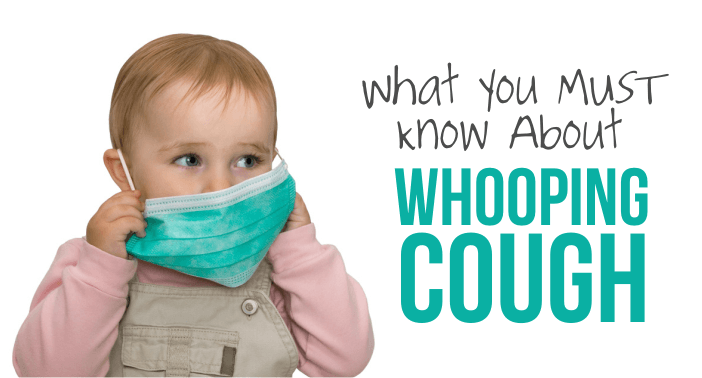
back to top
8 tips to relieve a nighttime cough
One of the goals of treatment is to eliminate the cause of the symptom, and this requires consultation with a physician. First, see a therapist. If necessary, he will refer you to narrow specialists: for bronchial asthma - to an allergist, for problems with the gastrointestinal tract (GIT) - to a gastroenterologist, for adenoids - to an ENT doctor, and for snoring - to a somnologist. Doctors will find out the cause and give recommendations on how to relieve a nocturnal cough.
We have collected the 8 most common recommendations below.
1. Humidify the air
Heating causes dry indoor air in winter. Such air dries out the mucous membranes of the respiratory tract, irritates the respiratory tract receptors, and can increase nighttime coughing. Keep your home at around 60% humidity in winter 8 . You can humidify the air with a special humidifier or improvised means. For example, if you put a container of water on a radiator or hang a wet sheet, the moisture will evaporate, and the air in the room will become less dry 10 .
2. Drink plenty of fluids
Moisturize the mucous membranes also from the inside. Otherwise, the sputum will become even more viscous. To facilitate its discharge, drink more liquids - water, compotes, tea with honey 12.13 .
3. Take medicines prescribed by your doctor
If you have a cold, nighttime coughing can be relieved with phlegm thinners. The goal of treatment for a dry nocturnal cough is to soothe it, and for a wet cough, to ease the expectoration of sputum 12 . Adults and children from 3 years old can use Dr. MOM ® syrup - a herbal preparation that thins sputum, helps to expand the bronchi and clear them of accumulated sputum. The drug also has an anti-inflammatory effect 17 .
Syrup Doctor MOM ® relieves dry and wet cough in acute and chronic respiratory diseases (pharyngitis, laryngitis, tracheitis, bronchitis) 17 .
Also recommended for adults with dry cough and sore throat are Dr.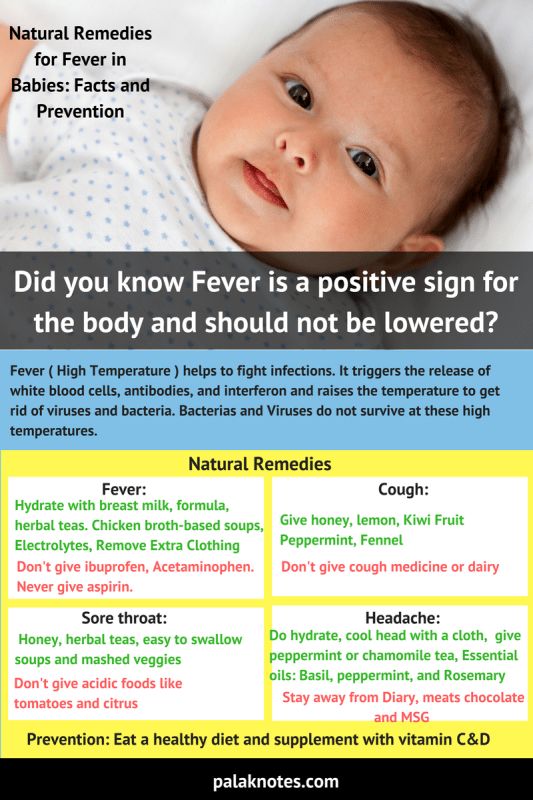 MOM vegetable lozenges ® with 6 different flavors 18 .
MOM vegetable lozenges ® with 6 different flavors 18 .
Please note!
Antitussives are only recommended for the relief of a dry nighttime cough that becomes troublesome. For example, the need to use antitussive drugs may arise with whooping cough when sputum is not available 5 . But in all cases where sputum is difficult to expectorate, antitussive drugs are contraindicated 5 .
4. Use massage
Sometimes the coughing shocks are not strong enough to expel sputum. Therefore, with a wet night cough, you can use a special massage that helps the bronchi to remove sputum 14 .
5. Avoid snacking before bed
If a nighttime cough is associated with reflux of food from the stomach into the esophagus, you need to adjust your eating habits. It is important to go to bed on an empty stomach to avoid throwing up. Late dinner will have to be abandoned. Eating is allowed 3 hours before going to bed 6 .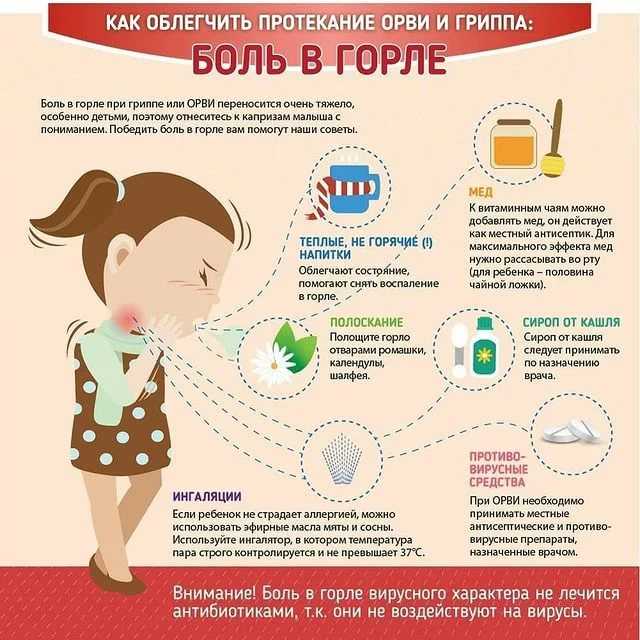
6. Sleep with the head of the bed raised
Another way to prevent reflux of food into the esophagus and throat is to place a few pillows under your head and back. In this way, you will exclude a situation that facilitates the movement of gastric juice 15 .
7. Give up bad habits
Smoking negatively affects both the respiratory system and the stomach. Nicotine relaxes the esophageal sphincter, which normally closes hermetically, preventing acidic stomach contents from coming into contact with the esophageal mucosa 15 .
8. Breathe through your nose
To prevent mucus from running down your throat, you need to fight a runny nose and restore nasal breathing. To do this, you can use Ointment Doctor MOM ® Phyto with 3 essential oils, levomenthol and camphor 14 . The ointment has a locally irritating, distracting, anti-inflammatory and antiseptic effect. If you are concerned about nasal congestion, the ointment is applied without rubbing a thin layer on the skin of the wings of the nose, with a headache - on the temples, with pain in the muscles or back - on the painful area 16 .
The information in this article is for reference only and does not replace professional medical advice. For diagnosis and treatment, contact a qualified specialist.
Back to top
References:
-
WHO guidelines for physical activity, sedentary behavior and sleep in children under 5 years of age. URL: https://apps.who.int/iris/bitstream/handle/10665/311664/9789240000070-rus.pdf?sequence=21&isAllowed=y (accessed 12/20/2022, access mode is free).
-
Study of sleep in older adults suggests nixing naps, striving for 7-9 hours a night. URL: https://www.heart.org/en/news/2022/07/26/study-of-sleep-in-older-adults-suggests-nixing-naps-striving-for-7-9-hours- a-night (date of access: 12/20/2022, access mode - free).
- Krutikhina S.B., Meleshkina A.V., Yablokova E.A. Cough in children: the most common problem in pediatrics. Medical advice. 2020;(18):53–57
- Simonova O.I. Children's cough: features of pathogenesis and therapy.
 Questions of modern pediatrics. 2012; 11(3):34-42.
Questions of modern pediatrics. 2012; 11(3):34-42. - Cough in children: features of pathophysiology, clinic and treatment. Healthy Ukraine. 2011; 3:66-67.
- Zaitsev A.A. Cough: according to the pages of international recommendations // Effective pharmacotherapy. 2019; 15(27):38–48.
- Vasilevsky I.V. Differential diagnosis and therapy of cough in children and adolescents: Minsk.: BelMAPO, 2006. - 44 p.
- GOST 30494-96. Interstate standard. Buildings residential and public. The parameters of the microclimate in the premises. Official edition
- Chazova I.E., Litvin A.Yu. Obstructive sleep apnea syndrome and related cardiovascular complications. Russian Journal of Cardiology, 2006, No. 1(57). pp.75-89.
-
Big medical encyclopedia. URL: https://bme.org/index.php/UHOD (date of access: 12/20/2022, access mode is free).
- Pukhlik S.M. Difficult nasal breathing. Rhinology, 2010, No. 2, p. 63-46. UDC 616.211-008.4
- Cough: guidelines for physicians.
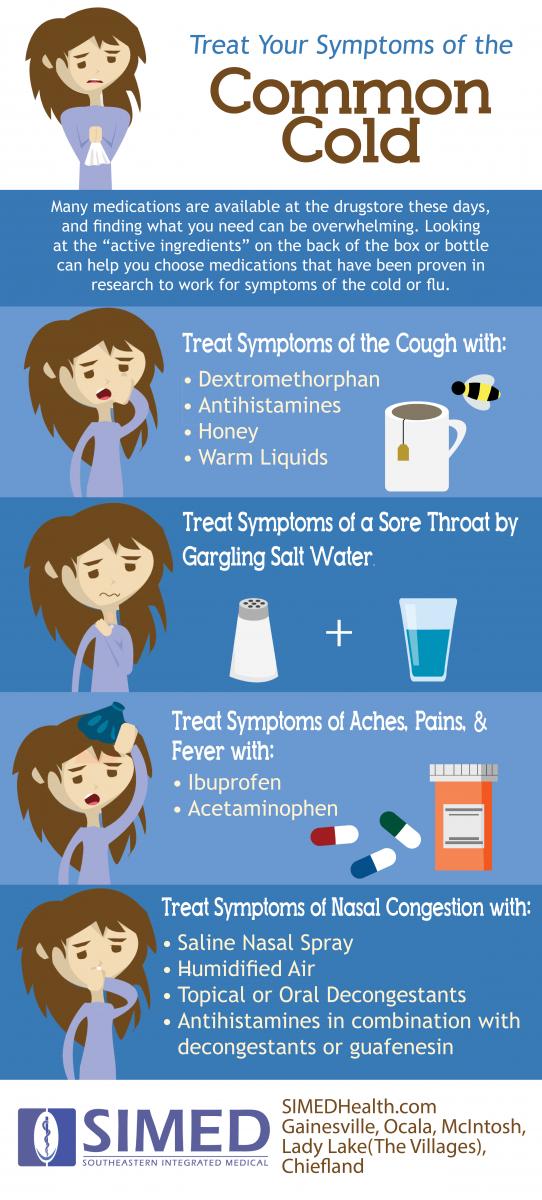 Moscow: GVKG im. N.N. Burdenko, 2021. 84 from
Moscow: GVKG im. N.N. Burdenko, 2021. 84 from - Guidelines for general practitioners (family doctors). Cough. 2015 - 30s.
- Gudkova T.I. Methods for improving the drainage function of the bronchi in diseases of the respiratory system // Nurse / No. 1. - 2009. - S. 29-30.
- Tumarenko A.V., Skvortsov V.V., & Mednova D.A. (2014). GASTROESOPHAGEAL REFLUX DISEASE. Nurse, (8), 3-7.
-
Instructions for medical use of the drug DOCTOR MOM ® PHYTO Ointment for external use // Reg. number P N016277/01 // GRLS RF. — https://grls.rosminzdrav.ru/Grls_View_v2.aspx?routingGuid=5f4ab4f2-b232-4027-95a2-e0df8b3fbbbc&t= (date of access: 12/20/2022, access mode - free).
-
Instructions for medical use of the drug DOCTOR MOM ® Syrup // Reg. number P N015983/01 // GRLS RF. — https://grls.rosminzdrav.ru/Grls_View_v2.aspx?routingGuid=167a2755-08f0-45e5-a51a-001e8a7435e8&t= (date of access: 12/20/2022, access mode is free).
-
Instructions for use DOCTOR MOM ® VEGETABLE COUGH PASTILES Lozenges // Reg.
 number P N013064/01 // GRLS RF. — https://grls.rosminzdrav.ru/Grls_View_v2.aspx?routingGuid=3a13fad6-3df9-4266-85fb-2767cfadb5df&t= (date of access: 12/20/2022, access mode - free).
number P N013064/01 // GRLS RF. — https://grls.rosminzdrav.ru/Grls_View_v2.aspx?routingGuid=3a13fad6-3df9-4266-85fb-2767cfadb5df&t= (date of access: 12/20/2022, access mode - free).
You may also be interested in:
Night cough keeps you awake. How to stop an attack?
Cough is an important helper in the fight against illness. This is a protective reflex that helps clear the airways of phlegm and germs. But nocturnal coughing attacks interfere with rest and exhaust the already weakened body.
Why does the cough get worse at night?
When a person is in a horizontal position, mucus accumulates in the nasopharynx, the airways are not cleared. With a runny nose, discharge from the nose and paranasal sinuses drain into the throat and cause a cough reflex, so coughing is tormenting in a dream, especially when we roll over from side to side, and in the morning when we get out of bed.
Dust and dry air can exacerbate coughing. This is especially true in apartments with central heating. Dry and hot air irritates the mucous membranes and provokes coughing fits. To alleviate your condition, regularly ventilate the bedroom and do wet cleaning. It will not be superfluous to buy a humidifier. But if you don’t have it, and you need to fight a cough right now, you can hang a damp towel on the battery or put a container of water next to the bed.
Dry and hot air irritates the mucous membranes and provokes coughing fits. To alleviate your condition, regularly ventilate the bedroom and do wet cleaning. It will not be superfluous to buy a humidifier. But if you don’t have it, and you need to fight a cough right now, you can hang a damp towel on the battery or put a container of water next to the bed.
Dry and wet cough - is there a difference?
Yes. A wet cough associated with colds and flu is helpful in clearing the nasopharynx and airways. Phlegm protects the mucous membranes and prevents bacteria from entering the body.
A dry, throat-tearing cough, on the contrary, is quite dangerous for the body. With such a cough, sputum is not secreted, the bronchi are not cleared, and the nasopharynx dries up. A constant inflammatory process is maintained on the walls of the respiratory tract. A dry cough, unlike a wet cough, does not help to recover, but only exhausts and interferes with rest. To speed up the healing process, you need to try to translate a dry cough into a wet one.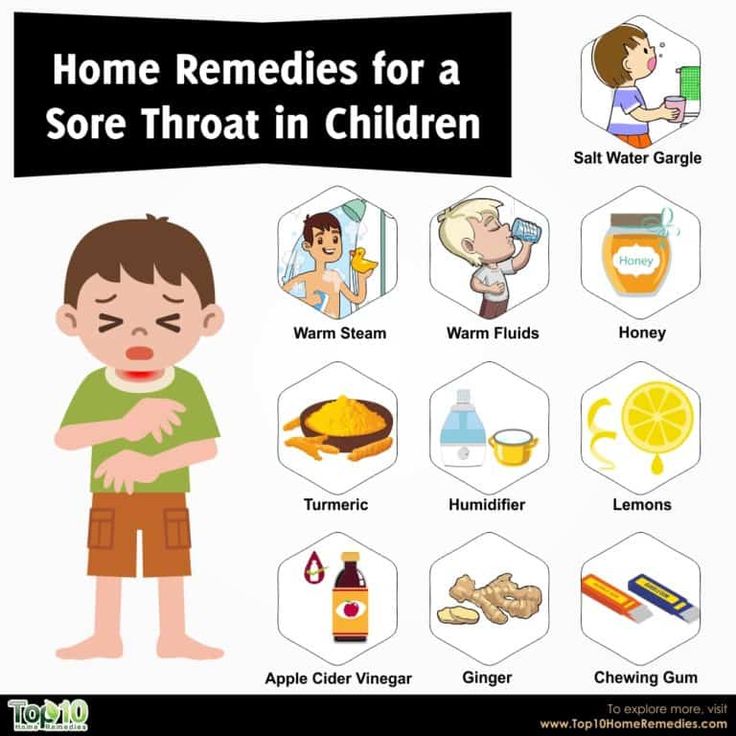 But this should be done under the supervision of a doctor.
But this should be done under the supervision of a doctor.
Night cough in a child - is it dangerous?
No, unless the cough is a symptom of a serious illness (such as asthma or pneumonia). The most common cause of cough in children is a viral infection. Viruses infect the respiratory tract at different levels - from the nose to the bronchi, bronchioles and lungs. Sometimes the cough lasts for several weeks, because the child does not have time to recover from one infection and picks up another. About 10% of children continue to cough even after being treated with SARS.
Some doctors are even suggesting a new term, "post-viral cough". Such long attacks scare parents, but most often they do not speak of serious pathologies.
But even if the disease is not dangerous or has completely disappeared, it is difficult for a child to endure sleepless nights, especially with a dry cough. Yes, and parents have a hard time if they don’t know how to help.
Important: if the child coughs frequently at night, this may be a sign of respiratory problems, allergies or whooping cough. Be sure to consult a doctor and do not treat the child yourself, so as not to worsen his condition.
What should I do if my child coughs and cannot sleep?
To quickly stop a night cough attack and help your child, you can:
- Place a high pillow under the back, turn the child from back to side to prevent a strong outflow of mucus swallowed and accumulated during the day.
- If the child does not have allergies, a spoonful of honey will help - it envelops and soothes the mucous membranes of the throat.
- Give your child warm tea or water to relieve cough and soothe the airways. It is better not to drink carbonated drinks or citrus juices - they can additionally irritate the already inflamed mucous membranes.
How to stop a night cough attack in an adult?
Try to find a comfortable position. Place a high pillow under your back. Drink warm tea or water to soothe your throat. This is especially important for dry coughs - the liquid will help soothe the irritation.
Place a high pillow under your back. Drink warm tea or water to soothe your throat. This is especially important for dry coughs - the liquid will help soothe the irritation.
If you find it difficult to breathe, ventilate the bedroom and try humidifying the air. If you don't have a humidifier, hang a couple of wet towels on the radiator. You can arrange a small session of steam therapy: go to the bathroom, close the door, turn on the hot water and wait a few minutes.
What drugs will help get rid of a cough?
It is ineffective and dangerous to treat cough only with the help of folk remedies. If it does not go away within a few days and nights, be sure to consult a doctor. It is important to remember that cough is a symptom of the disease, and not an independent disease, therefore, complex treatment is required.
Wet cough is treated with mucolytic and expectorant drugs. They improve the excretion of sputum and mucus. But with a dry cough, such medicines do not help, but only increase the attacks, because the body will try to remove sputum that is not there.